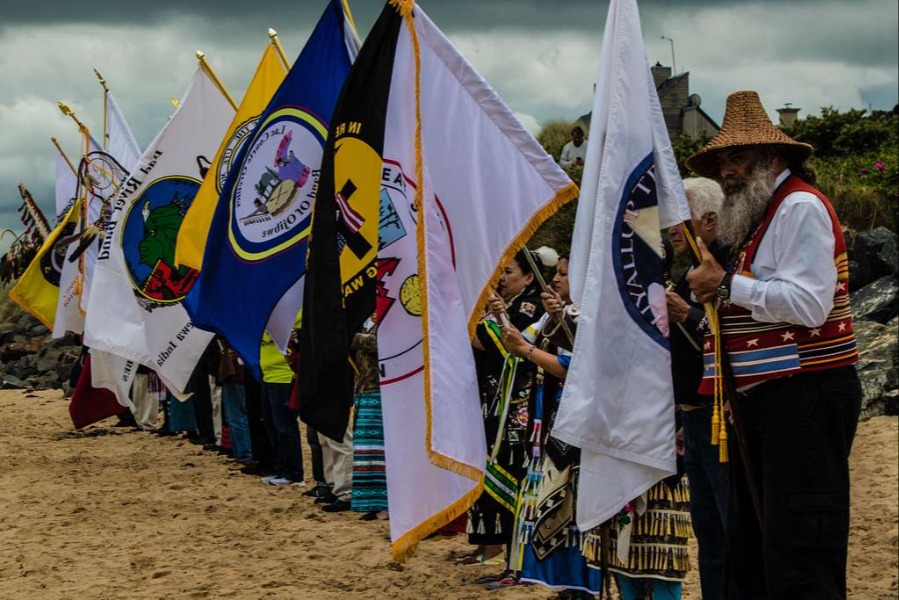Was President Obama’s Visit to Kenya a Snub to the International Criminal Court?
One aspect of President Obama’s historic visit to Kenya under-reported by the U.S. press and almost entirely ignored by U.S. human rights groups was that the President met with two Kenyan leaders who had been indicted by the International Criminal Court for crimes against humanity in connection with violence after the 2007 elections that killed 1000 Kenyans.
Published by The Lawfare Institute
in Cooperation With

One aspect of President Obama’s historic visit to Kenya under-reported by the U.S. press and almost entirely ignored by U.S. human rights groups was that the President met with two Kenyan leaders who had been indicted by the International Criminal Court for crimes against humanity in connection with violence after the 2007 elections that killed 1000 Kenyans. Obama had meetings not only with Kenyan President Uhuru Kenyatta -- who had been charged by the ICC in 2012 with international crimes including murder and rape until charges were dropped last December for lack of evidence -- but also with Deputy President William Ruto, who remains under indictment by the ICC. Many observers have criticized ICC Prosecutor Fatou Bensouda for sloppiness and overreach in charging Kenyatta and Ruto, but human rights groups have insisted that the charges were justified. (At the time the charges against Kenyatta were dropped, Human Rights Watch declared that dropping the case against Kenyatta “sets back efforts to end the country’s entrenched culture of impunity.”) One can only imagine what human rights groups would have said if President Bush had shaken hands and exchanged pleasantries with a foreign government official still under indictment by the ICC. Consistent with other aspects of his Administration’s human rights policy, President Obama’s willingness to meet with both Kenyan leaders while they remain under investigation by the ICC demonstrates that he continues to exercise a much less supportive approach towards the Court than ICC advocates have hoped for.
The Obama Administration was obviously well aware of the ICC cloud hanging over Kenya’s government as the President waited seven years to visit the native country of his father. President Obama has joked that that he did not want to show nepotism towards Kenya, but the dropping of charges against Kenyatta has been widely viewed as removing the principal obstacle to Obama’s visit. Even so, Obama took pains to defend his trip at a time that Deputy President Ruto and other Kenyan government officials remain under ICC investigation. In response to a question from a BBC reporter about the ICC investigations, Obama responded that the Kenyan government “…are not ideal institutions. But what we found is when we combine blunt talk with engagement, it gives us the best opportunity to influence and open up space for civil society and the human rights agenda that we think is so important.” White House officials may also have tried to limit interaction between the President and Ruto, who did not join Kenyatta to welcome Obama at the Nairobi airport on Friday or for the Global Entrepeneurship Forum on Saturday. President Kenyatta, on the other hand, may have insisted that Ruto not be excluded altogether; Kenyatta commented last week that Obama “is coming to meet the government of Kenya and that includes the Deputy President. The last time I checked, the Deputy President was still part of this government.”





